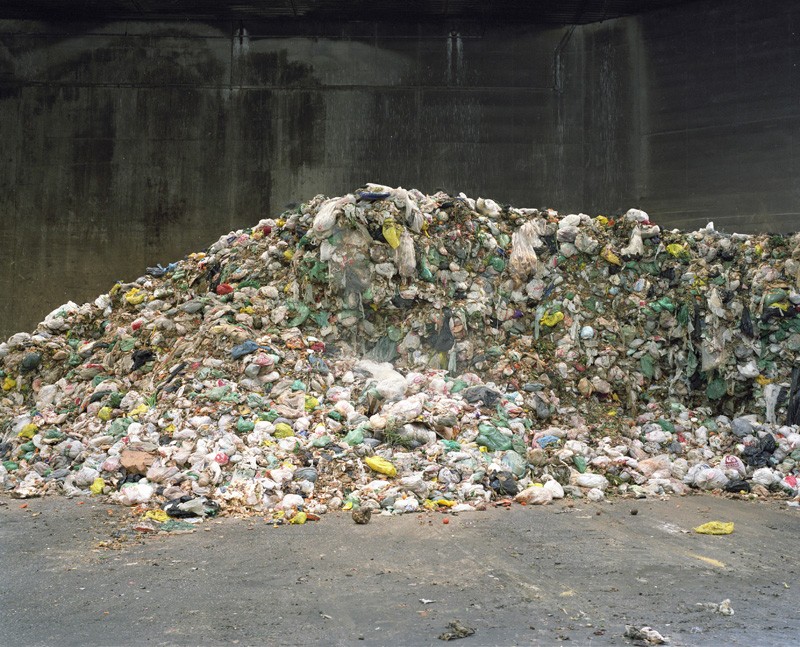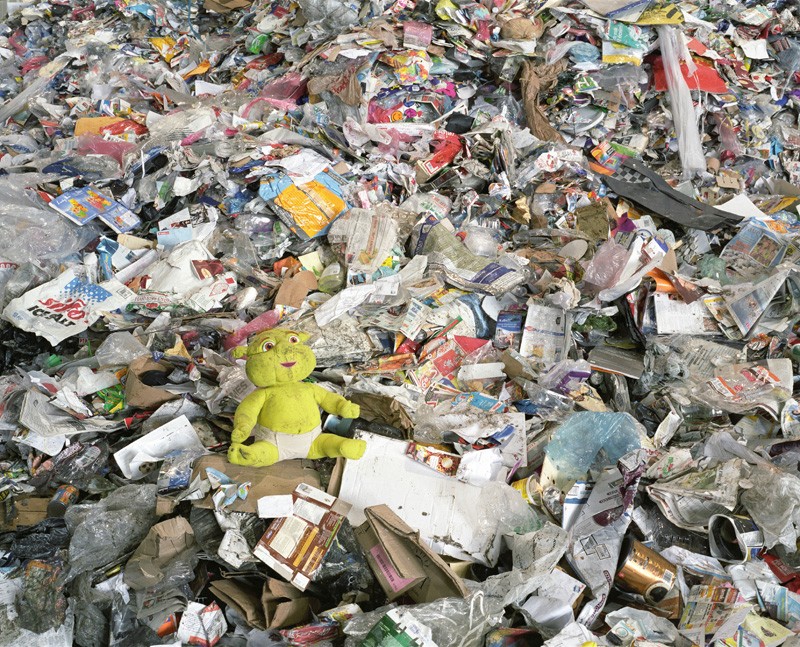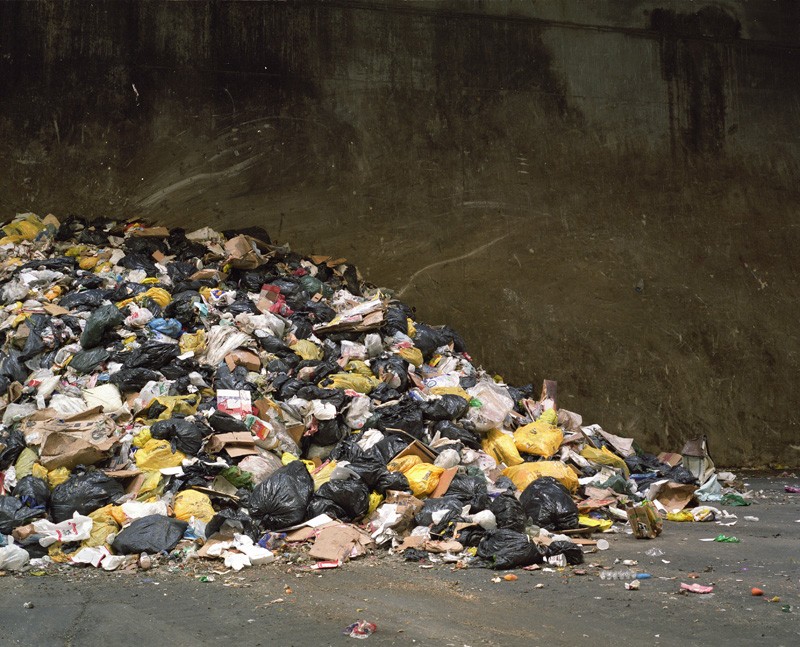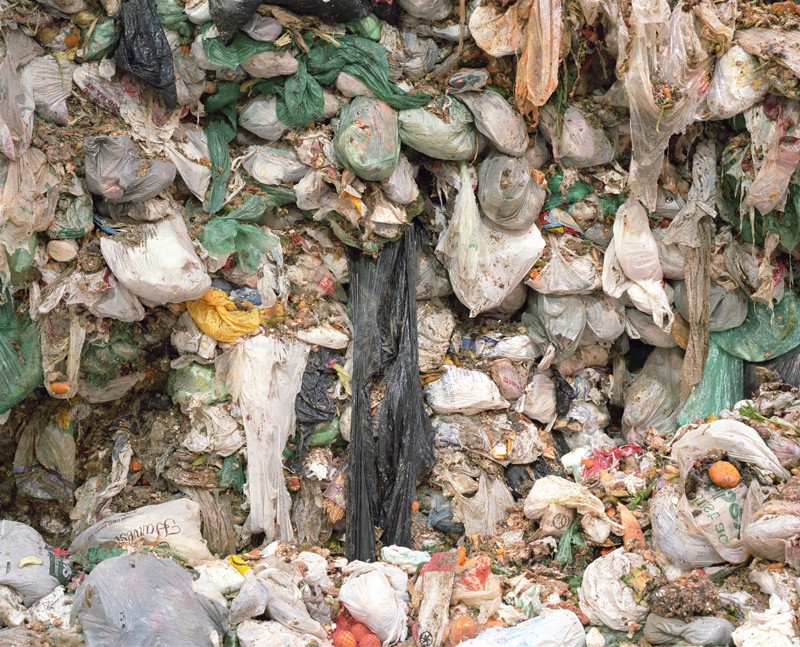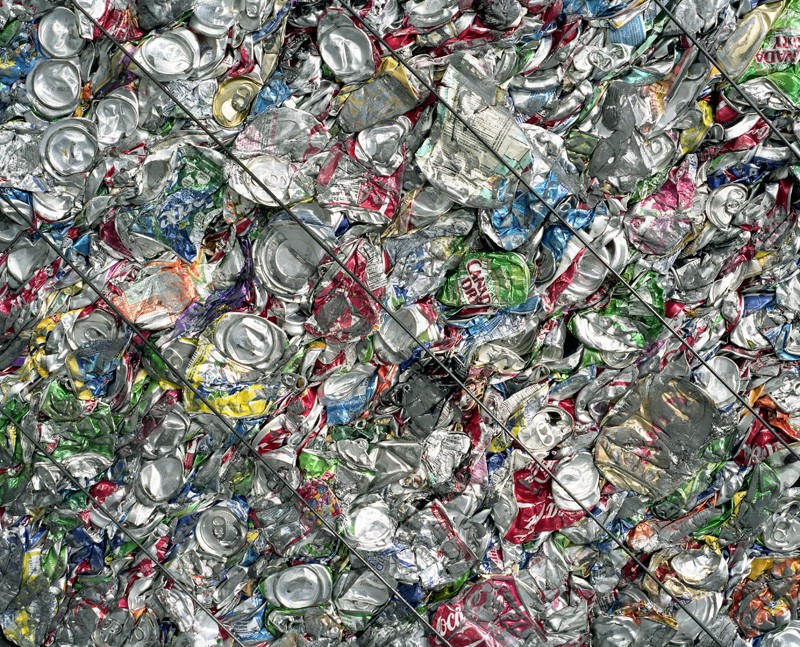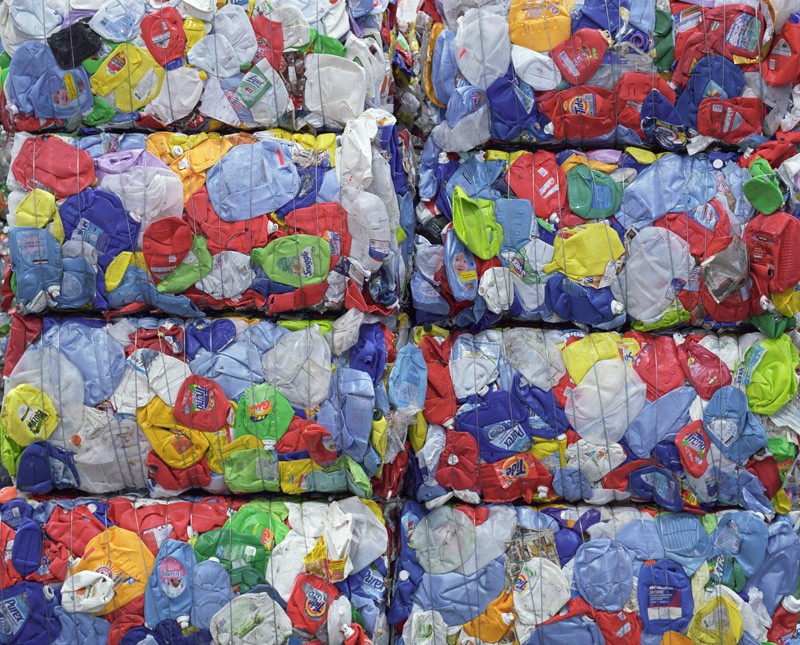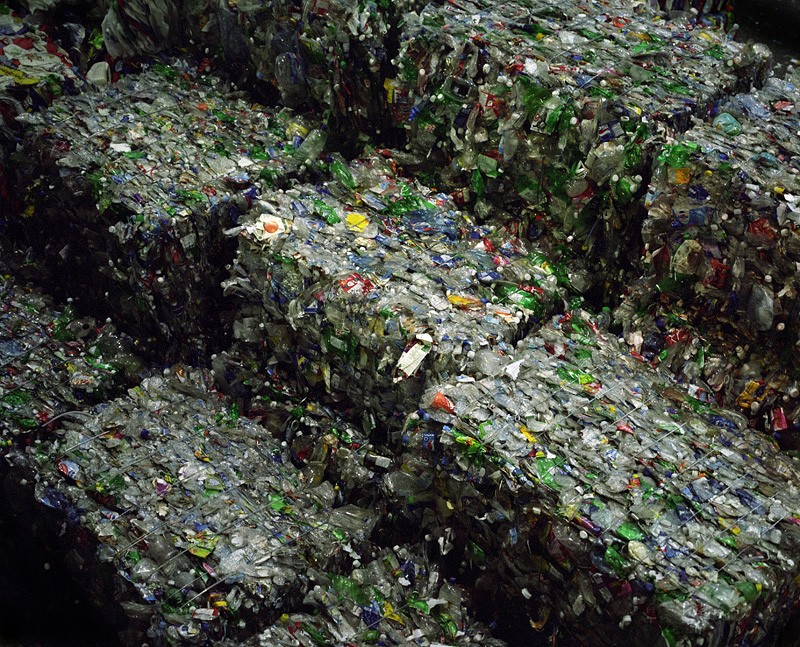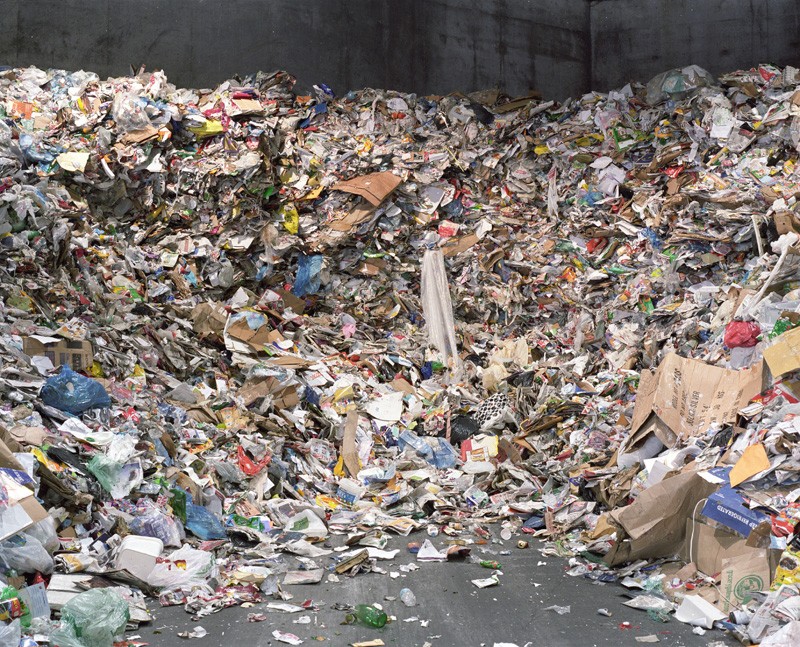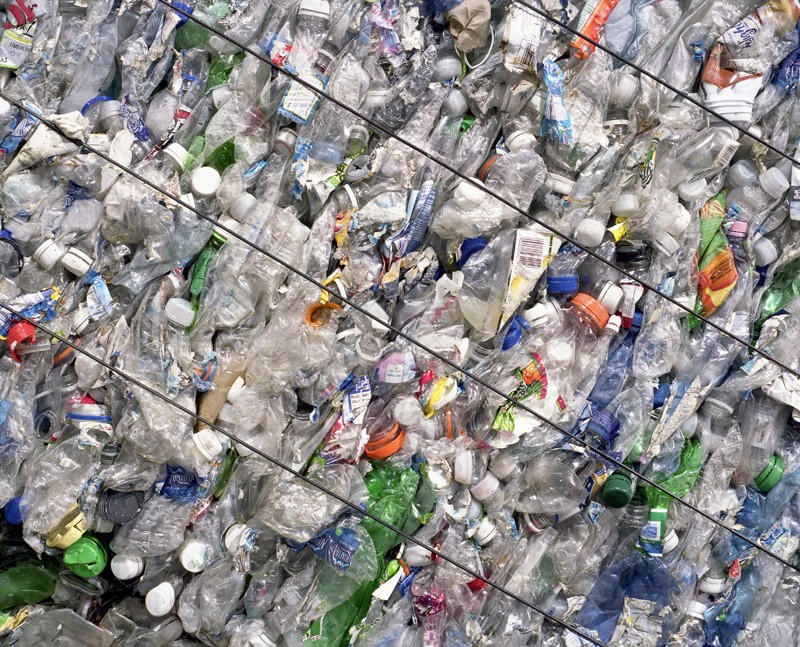Interview conducted by Lauren Schneiderman
Brent Lewin received a degree in psychology from the University of Toronto in Toronto, Canada. Only After traveling through India and South East Asia for two years, did Brent begin to pursue photography. He was recently selected by PDN as one of the 30 emerging photographers in 2010.
Can you describe your work? and talk a little about the series Want Not Waste Not featured in Visura Spotlight?
My work is documentary in nature with a strong emphasis on the aesthetic. Want Not Waste Not is a series of pictures that I took at various tipping floors and material recovery facilities (MRFs) in the Greater Toronto Area over the course of a couple months. They are simple images with a simple message: We produce an enormous amount of waste that does not disappear when it leaves our front lawns. While shooting these tipping floors and MRFs, I came to view them as symbols of our own malaise and inaction. Just as the tipping floors have been filled with waste, over the past few years we have been inundated with messages about how we are a wasteful society. These messages accumulate in our minds, and they remain there as we idle and come up with piecemeal solutions; they remain there with too little impact on our everyday lives, allowing us to avoid facing up to the sheer scale of our unsustainable levels of consumption.
In the text accompanying Want Not Waste Not, you mention the impact shooting the series with medium format film had on you. Can you expand on this. How important was it to photograph this series with film rather than with a digital camera? And on other projects, do you usually shoot with film or digitally?
Well my main motivation in shooting this series on film was just to experience shooting with film, something I had never done before. I like to blow prints up quite large and I was really curious about the quality of Mamiya lenses and the limits printing from a 6×7 negative. I think leaving the digital camera at home and just bringing a film camera with slow speed film forced me to slow down and really think about what I was going to shoot, very meditative. Then there was also the cost of film which pushed me further to limit my shooting and just try and find ‘the shot’. Looking back I didn’t really shoot a lot of film at all, most scenes I took only one frame.
For most projects I shoot digital which has many advantages when I’m out shooting ‘in the moment’. I do use film cameras for other projects, I recently completed a series shot on a 35mm stereo camera which I exhibited on toy viewmasters and I have a great 4×5 view camera that I have been using for a portrait series I’m working on, the quality and the detail is just freaky!
Aside from the Want Not Waste Not series you have been photographing elephants in Thailand, how did you begin to photograph elephants? why? And what is it like working so closely with elephants?
I’ve always had a fascination with elephants. I had been to Thailand before as a tourist and had seen the street elephants in Bangkok. It wasn’t until I got into photography and ended up back in Bangkok that I had the time and reason to explore the issues about elephants in Thailand. After shooting the Urban Jungle series I was hooked on the story, it’s something that just keeps growing. Working closely with the elephants is great, the majority of mahouts I spent time with treated their elephants well and loved them. While photographing the street begging groups in Bangkok I always used to arrive at their camp sites long before the mahouts would wake. I would wander over the elephants and bond. We as humans know a lot about elephants but I think they understand a lot about us too. Some highlights of working with these elephants include joining the mahouts in bathing them which is the time when I truly see the deep relationship between the mahout and elephant, one of love. Riding an elephant through rush hour on the streets of Bangkok was also pretty surreal.
What has photography—as a form of visual expression— allowed you to do, if anything— that strikes you as an important instrument to acquire even at a later time in your life.
As an artist it’s given me a much needed creative outlet. As a person it’s allowed me to explore the world around me and better understand issues and ultimately myself. It’s also an instrument to raise awareness and mobilize people to take action, something that is just starting to come to fruition with my work with elephants in Thailand.
What advice would you give to other emerging photographers out there?
Shoot what you love (but find ways to make money as well).
http://www.visuramagazine.com/vm/spotlight-brent-lewin

